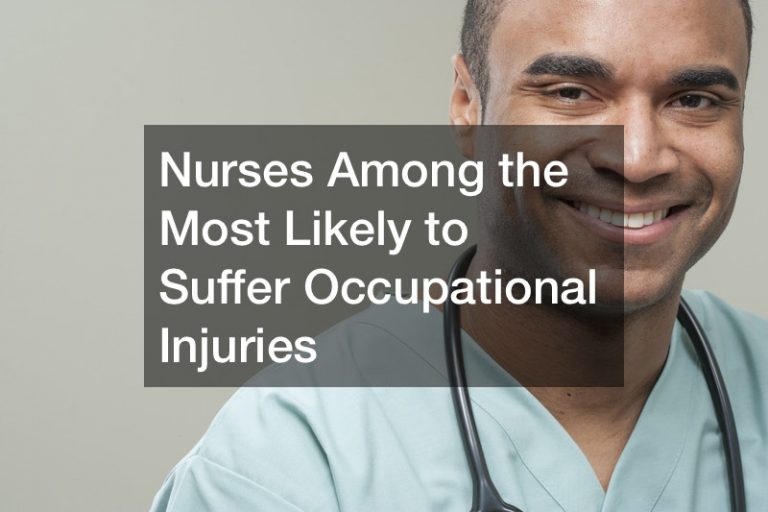
A local nursing job might be right for you if you’re looking for something with high success potential and a bright future. Advanced nurse practitioner jobs aren’t likely to run out anytime soon. Here is some information about registered nurse positions if you’re thinking about getting into the field.
What Does a Nurse Do?
A nurse’s main priority is to help people. Your tasks may involve intaking prospective patients, helping patients to perform daily tasks, or just being a companion in a person’s darkest hour.
What Kind of Nurse Jobs Are There?
All kinds of nurses work in various types of medical establishments. You can be a triage nurse, a CNA, an LPN, or a home healthcare nurse. The choice is yours.
How Do You Become a Nurse?
You can learn more about registered nurse positions by looking at job boards or contacting medical institutions. You can also contact acute care nurse practitioner professional organizations for information. You’ll need to take training and gain specific certifications to advance in your career. However, you can get into the lower levels of nursing on a bit of training and a promise to broaden your education at a later date. A career in nursing might be perfect for you.
Nurse Injuries Garner Too Little AttentionAre patient care workers in danger? Studies show that an increasing number of hospitals, nursing homes, and patient care facilities are ignoring important safety guidelines and risking nurses’ health in the process. The New York Times and USA Today report that hospital and facility management continues to turn a blind eye to the growing — and often unreasonable — lifting demands shouldered by nurses.
“The official guideline from the National Institute for Occupational Safety and Health is that nurses should lift no more than 35 pounds at any given time, but few hospitals and nursing homes follow that rule,” USA Today states. The New York Times, however, adds a much more troubling insight: “Not surprisingly, nursing ranks among the worst occupations in terms of work-related injuries, and studies have shown that in a given year, nearly half of all nurses will have struggled with lower back pain.” Thanks to the rising obesity epidemic, institutions continue to ask nurses to lift more and more weight. Most do not have assistive lifting and handling equipment; hospital staff are often stretched thin, so coworkers are not free to help.
The Precautions That Should Be Taken

The increasing number of injuries can be easily avoided with necessary precautions. Just as hospitals and nursing homes practice careful wire management as a preventative measure (workers install desk grommets and cable glands), they should also invest in lifting equipment that may save millions in lawsuits and workers’ compensation costs. Automated lifting equipment, or even wheeled medical equipment with swivel or ball casters, can drastically reduce the likelihood of worker injury. Some lifting equipment is capable of helping nurses safely lift and support up to 400 pounds, according to USA Today.
Hospitals and nursing homes can no longer ignore concrete facts: unassisted lifting exponentially increases the likelihood of injury. Just like hospitals take precautions with wire management, they should also address the growing concerns of lifting multiple patients on any given day. More info like this: www.alliance-express.com
